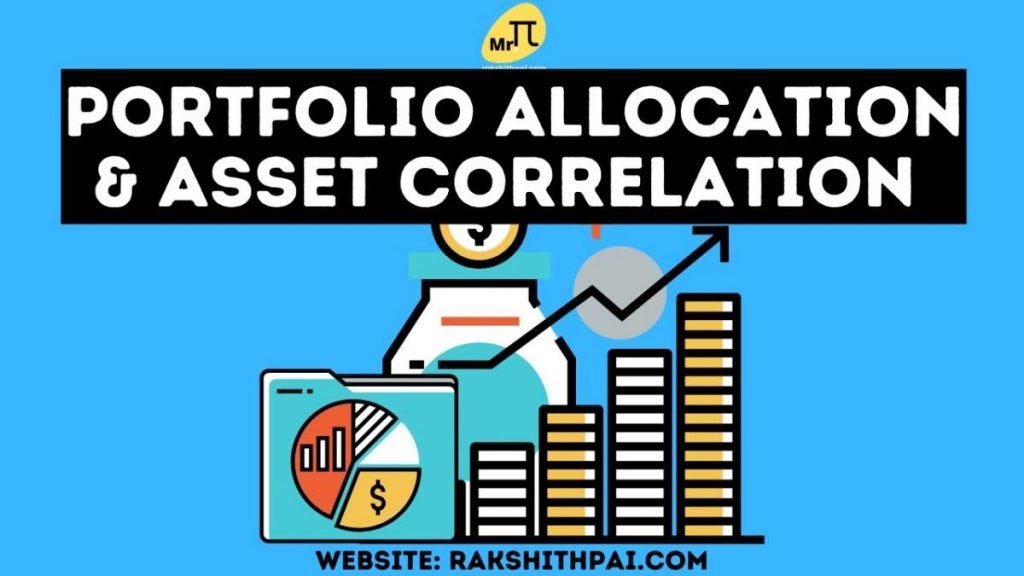Table of Contents
What is a Mutual Fund?
A mutual fund scheme gets its name from the fact that it pools the money of many investors. The money is invested in stocks, bonds, short-term money market instruments, other assets, or a combination of all of the aforementioned investments.
Professional fund managers oversee a mutual fund, which is a pool of money. A group of investors who want to reach the same investment goal pool their money and invest it in stocks, bonds, money market instruments, and/or other securities.
The quick diversification that mutual funds provide is one of their most significant advantages. Even if you have a small budget, mutual funds let you spread out your investments by combining your money with that of many other people. This lowers your risk.
Everything you need to know about Mutual Fund Investing:
What are Equity Funds?
Investments in equity-oriented mutual funds include investments in stocks and bonds. Investing in stocks has as its primary goal the growth of an investor’s capital, which may be accompanied by the payment of dividends. If you compare the two types of funds, stocks are more volatile than debt mutual funds. Investors in equity funds must be willing to take on moderate to high levels of risk and hold on to their investments for longer periods of time.
Equity funds come in a variety of forms, each based on the equities in which the fund managers are investing their money. There are a number of notable varieties, including large and mid-cap companies, small and mid-cap companies, sectoral funds, and so on. Equities and debt funds are the two types of funds that have the biggest risk and the highest returns.
When it comes to investing, equity mutual funds have numerous advantages over other mutual fund schemes. Because of the greater risk associated with equity investments, the primary benefit is the potential for greater profits. Because equity funds tend to be more unstable than debt funds, the investment period is often longer than the investment horizon for debt funds.
What is Equity Fund Investing? Features, Benefits, Drawbacks, & Types Explained.
Factors to Consider Before Investing in Equity Fund:
There are a few things to bear in mind when investing in equities mutual funds.
Risk-to-Reward Ratio
Consider the risk-reward ratio of an equity mutual fund when deciding whether or not to engage in this type of investment since it can have a significant impact on long-term performance.
An investment with a low risk-to-reward ratio may encourage investors to believe that there is no sense in making the investment at all because of the high likelihood of losing money.
Funds Size
You should pay attention to the fund’s size because it reflects the amount of money you can invest in it. If you plan to invest a substantial sum of money, you should think about the fund’s size. In the long run, your investment in a small fund may not provide you with the profits you want.
Expense Ratio
Investing in equity mutual funds also necessitates consideration of the fee ratio. Fees per unit of value invested rise in direct proportion to the ratio of expenses. Investors have a harder time turning a profit year after year since they must pay more in fees than they earn back in returns as a result of this.
What are Debt Funds?
Debt mutual funds invest in debt instruments such as bonds, notes, government securities, debentures, and treasury bills as a form of long-term investing. An investment in a fixed-income mutual fund yields a set rate of return. You get a minimal return on your investment, which is calculated by subtracting the costs from the overall return your portfolio generates.
There are a number of mutual funds that invest a significant amount of the pooled capital in debt or fixed-income products. Treasury bills, commercial papers, and certificates of deposit are some examples of money market instruments. Other examples include corporate bonds and debentures.
Bond and money market funds are the most common types of investments for debt funds. Commercial papers, certificates of deposit, Treasury bills, and other such securities are all part of the money market. Non-convertible debentures (NCDs), Government Bonds (G-Secs), etc. are examples of debt market instruments.
Interest income is the primary reason for investing in debt or money market products. The basic goal of debt funds is to create income, although some debt funds that take bank rate calls can also provide investors with capital appreciation. Unlike equity funds, debt funds have a lower degree of risk, which is the primary distinction between the two.
Fixed Income Investments & Risks Involved:
Factors to Consider Before Investing in Debt Fund:
There are a few things to bear in mind when investing in equities mutual funds.
Risk-to-Reward Ratio
How much danger are investors willing to face in order to make more money? This is a measure of their risk appetite. The more risk a person is willing to take, the greater their reward. In contrast to funds with lower rates of return or greater fees, if you have a high tolerance for risk, you can consider investing in funds with higher-than-average returns or low expense ratios.
Funds Size
You should pay attention to the fund’s size because it reflects the amount of money you can invest in it. If you plan to invest a substantial sum of money, you should think about the fund’s size. In the long run, your investment in a small fund may not provide you with the profits you want.
Expense Ratio
A mutual fund’s expense ratio is the total amount of fees it charges. Additional costs like operating and transaction fees can also be included in this figure.
The fund manager, who is entitled to a specific amount of your investment each year, charges a management fee. With an annual management fee, it’s more expensive to invest in a fund, but it’s worth it to locate one that charges more but still gives you an excellent return on your investment.

Conclusion:
Many investors have the mistaken belief that all mutual funds are created equal. Equity funds and debt funds are two of the most common types of investment vehicles. When it comes to investment, the two are very different. Equity funds, on the other hand, invest primarily in equity shares and related securities. Investments in equities and fixed-income instruments have different features that affect how they perform.
Investors have varying needs and expectations. Some want large returns, but others can’t afford to take significant risks in order to go where they want to go. As an investor, you may have long-term or short-term goals, depending on your financial situation. Long-term aims should be met by an equity fund and short-term goals by a debt fund. On the other hand, debt funds are easier to predict, but they usually have lower returns than equity funds.
FAQs:
Disclaimer: All the information on this website is published in good faith and for general information purposes only.









